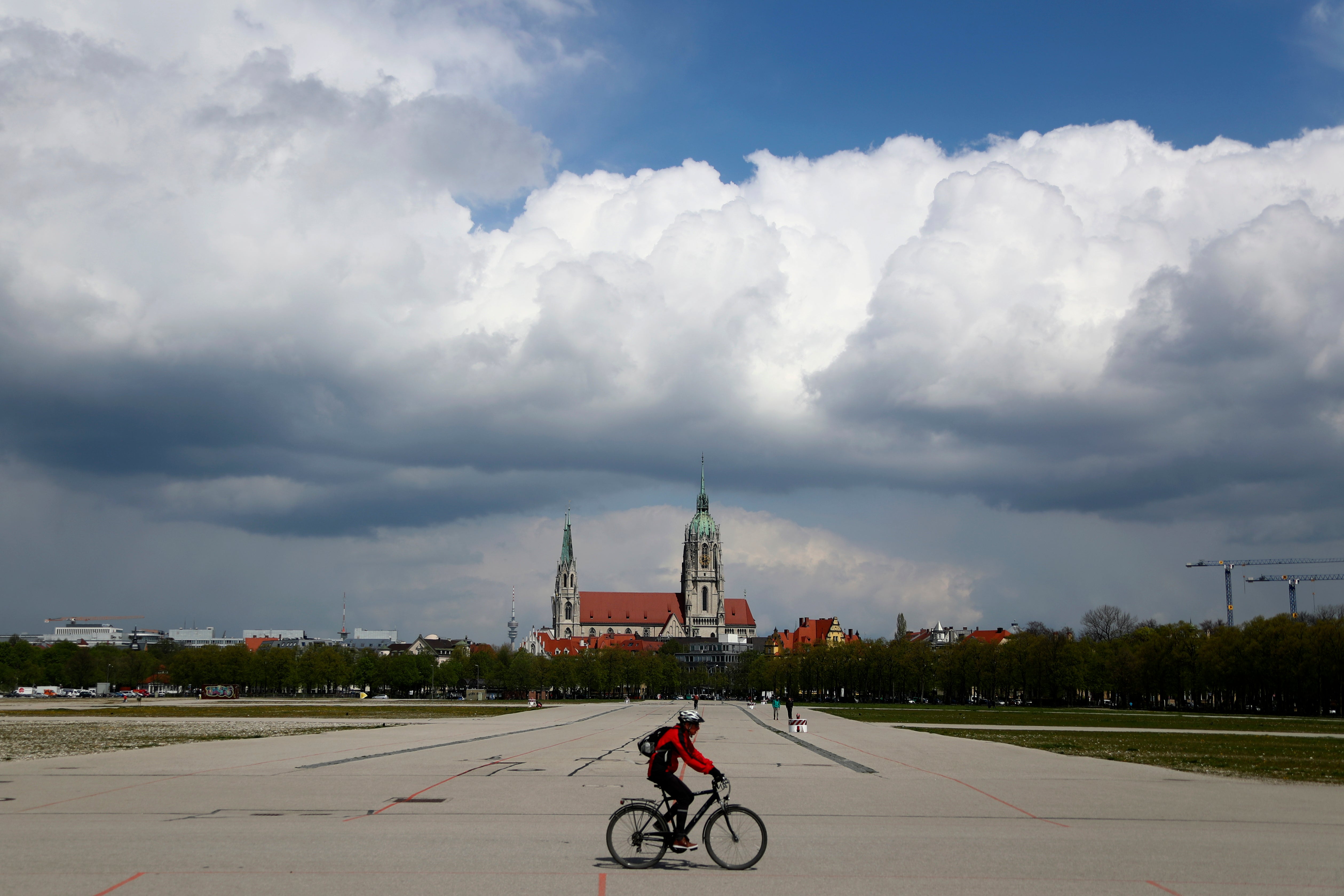Germany cancels Oktoberfest 2nd year over coronavirus fears
Bavarian officials have canceled Oktoberfest festivities for a second year in a row due to concerns over the spread of the coronavirus, saying that there are too many risks in hosting the celebrations, which traditionally bring in visitors from around the world, during a global pandemic

Your support helps us to tell the story
From reproductive rights to climate change to Big Tech, The Independent is on the ground when the story is developing. Whether it's investigating the financials of Elon Musk's pro-Trump PAC or producing our latest documentary, 'The A Word', which shines a light on the American women fighting for reproductive rights, we know how important it is to parse out the facts from the messaging.
At such a critical moment in US history, we need reporters on the ground. Your donation allows us to keep sending journalists to speak to both sides of the story.
The Independent is trusted by Americans across the entire political spectrum. And unlike many other quality news outlets, we choose not to lock Americans out of our reporting and analysis with paywalls. We believe quality journalism should be available to everyone, paid for by those who can afford it.
Your support makes all the difference.Bavarian officials on Monday canceled Oktoberfest festivities for a second year in a row due to concerns over the spread of the coronavirus, saying that there are too many risks in hosting the celebrations, which traditionally bring in visitors from around the world, during a global pandemic.
Bavarian Governor Markus Soeder said it was with “heavy hearts” that they decided to call off the festival for which the state is known globally, but that with coronavirus numbers still stubbornly high and hospitals already struggling, it had to be done.
“Oktoberfest will be held again, and will be big again,” he pledged.
Germany is currently in the middle of a lockdown that includes a ban on large gatherings, with an infection rate of 146.9 new weekly infections per 100,000 residents.
Bavaria is slightly below the national average with 145.4 new weekly infections per 100,000, according to the country's disease control center, the Robert Koch Institute
Oktoberfest typically attracts about 6 million visitors from around the world and had been scheduled from Sept. 18 to Oct. 3.
The combination of large tents full of people and the consumption of large quantities of alcohol, as well as the possibility for mutated varieties of the virus to be brought in from abroad, would have made it particularly hazardous to go ahead with the festival, Soeder said.
After Oktoberfest was canceled last year, some 50 of the southern German city’s beer halls and other establishments hosted smaller parties under strict guidelines, and Mayor Dieter Reiter said the hope was that it again would be possible to have open-air beer gardens and patios open with certain restrictions.
However difficult the decision to cancel Oktoberfest, it would have been worse if the city waited too long and had to call it off after preparations were already underway, he said.
“For me, personally, it was no easy decision because it is a huge date in the calendar for the mayor,” he said. “Much more importantly, it's a huge shame for the millions of fans worldwide.”
Under national “emergency brake” legislation passed last month, measures limiting personal contacts, closing leisure and sports facilities and shutting or restricting access to many stores kick in for areas where there are more than 100 weekly new cases per 100,000 residents for three consecutive days.
Restrictions also include a 10 p.m.-5 a.m. curfew.